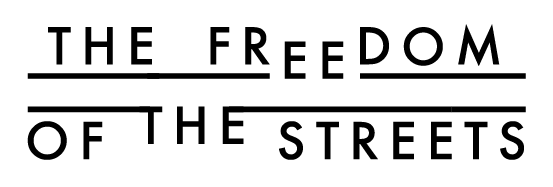We analyse the gendering of urban space in the early modern city. It is widely held that between 1600 and 1850, women gradually withdrew from the public sphere of the street and moved to the private sphere of the home. This powerful narrative, linked to theories of modernisation, has created a conceptual stranglehold that sees public space as exclusively male and private space as entirely female, thereby obscuring the actual workings of gender in pre-industrial urban societies.
Our project offers a pioneering approach to the study of gendered urban space. It enables for the first time to move beyond the public/private dichotomy and analyse women’s access to pre-industrial streets in full. Through an analysis of the ‘ownership’ of streets, both formally by authorities and informally through daily use, we uncover how urban space was gendered in the run up to the nineteenth century.
We hypothesise that the extent to which women could ‘own’ the street depended on gender norms, local governance, urban fabric, and the everyday use of streets and squares. As such, this project uniquely enables a cross-cultural comparison that connects the material and immaterial city, as well as for women’s agency to play a central role in the analysis. We will systematically compare female and male movement through the city, as well as patterns of street use by people of different ages, marital statuses, and social classes.
Each team member focuses on a specific city or a specific theme. Bob Pierik and Marie Yasunaga study two of the most important cities in the early modern world: Amsterdam and Edo (present-day Tokyo). Antonia Weiss specifically looks at the relationship between urban nature and gender and compares women’s experiences in Berlin and Amsterdam. Gamze Saygi provides a digital and spatial exploration of the relationship between gender and the historic city. Danielle van den Heuvel analyses how the access of women to pre-industrial streets was shaped in contrasting European and Asian urban communities.


